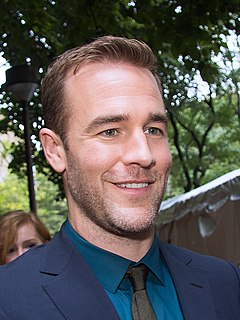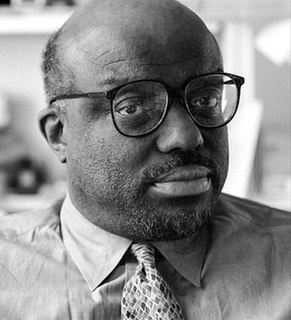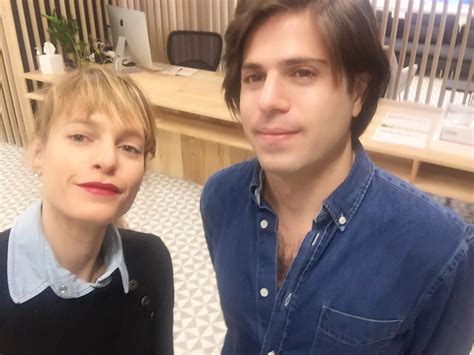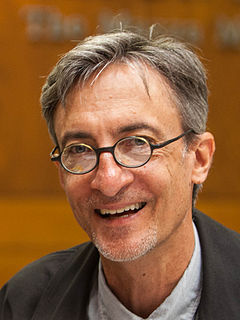A Quote by Jesmyn Ward
I want each character to be as unique as possible. I want them to reflect something of who they are in the way that they move and in how their bodies work. That was foremost in my head when I was writing Salvage: I wanted every gesture, every little movement, to really carry meaning and communicate meaning to the reader. I was very conscious of that when I was writing.
Related Quotes
I want each poem to be ambiguous enough that its meaning can shift, depending on the reader's own frame of reference, and depending on the reader's mood. That's why negative capability matters; if the poet stops short of fully controlling each poem's meaning, the reader can make the poem his or her own.
I could draw ideas. I remember writing a paper for a seminar class. I remember writing a paper about - and this is going to sound really sort of pretentious, but that's where my mind was at the time - how acting and the performing artist can really be like a Bodhisattva, how they can communicate ultimately an idea in a way that can move and shift things. And that was wonderful. I didn't know many classes where I could try and relate the thing that I really loved and wanted to do into an intellectual idea, and that happened to be one of them.
I have a gut reaction to stuff that I read. Either it's a filmmaker that I really want to work with, or it's a story that I really want to be a part of and help serve, or there's a character that I feel I can bring something unique to. That's really what it's about. I would go crazy, if I just relied on the same tricks and did the same thing, all the time. It was just be no fun, at all. I really do need to try something different, every time out, and do something that scares me, a little bit.
Names generate meaning in a short amount of space — they provoke thoughts, questions. That's something I like doing. Of course, you have to be careful. Sometimes it can alienate the reader, it can be another level of mediation, to make a character carry the great burden of a metaphoric name. The character can be a device before he or she becomes a person, and that can be a bad thing for a writer who wants to offer up a kind of emotional proximity in the work. It's a constant struggle, the desire to be playful and the desire to communicate on some very stark emotional level.
A story is a way to say something that can't be said any other way, and it takes every word in the story to say what the meaning is. You tell a story because a statement would be inadequate. When anybody asks what a story is about, the only proper thing is to tell them to read the story. The meaning of fiction is not abstract meaning but experienced meaning.
The secret of good writing is to strip every sentence to its cleanest components. Every word that serves no function, every long word that could be a short word, every adverb that carries the same meaning that’s already in the verb, every passive construction that leaves the reader unsure of who is doing what—these are the thousand and one adulterants that weaken the strength of a sentence. And they usually occur in proportion to the education and rank.
Millennials want to find meaning in their work, and they want to make a difference. They want to be listened to. They want you to understand that they fuse life and work. They want to have a say about how they do their work. They want to be rewarded. They want to be recognized. They want a good relationship with their boss. They want to learn. But most of all, they want to succeed. They want to have fun!
I can work a lot faster when I'm writing a screenplay than when I'm writing a play because, if I'm having a problem with a scene or something, I can just be writing it in a way where there's no dialogue, or find a way to make sound do the work that I want to do or a close-up do the work that I need to do.
The story goes that every Jedi constructs his own lightsaber, and every penmonkey constructs his own pen. Meaning, we all find our own way through this crazy tangle of possibility. This isn't an art, a craft, a career, or an obsession that comes with easy answers and isn't given over to bullshit dichotomies. We do what we do in the way we do it and hope it's right. Read advice. Weigh it in your hand and determine its value. But at the end of the day - and at the start of it - what you should be doing is writing. Because thinking about writing and talking about writing just plain isn't writing.
As soon as you look at the world through an ideology you are finished. No reality fits an ideology. Life is beyond that. That is why people are always searching for a meaning to life. But life has no meaning; it cannot have meaning because meaning is a formula; meaning is something that makes sense to the mind. Every time you make sense out of reality, you bump into something that destroys the sense you made . Meaning is only found when you go beyond meaning.
I don't think you could teach someone to be a genius, but you can certainly teach them to not make rookie mistakes and to look at writing the way a writer looks at writing, and not just the way a reader looks at writing. There are a lot of techniques and skills that can be taught that will be helpful to anybody, no matter how gifted they are, and I think writing programs can be very good for people.







































